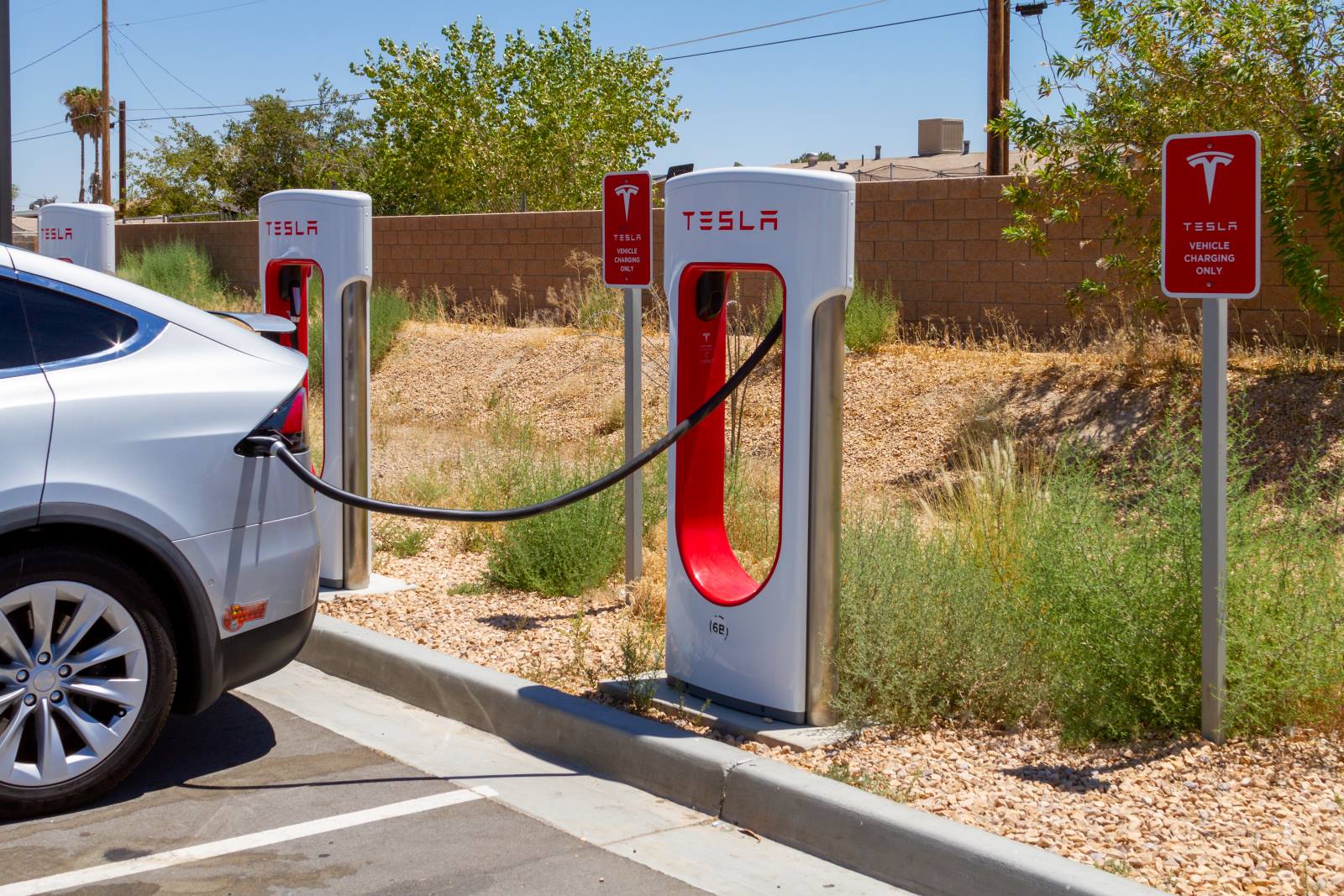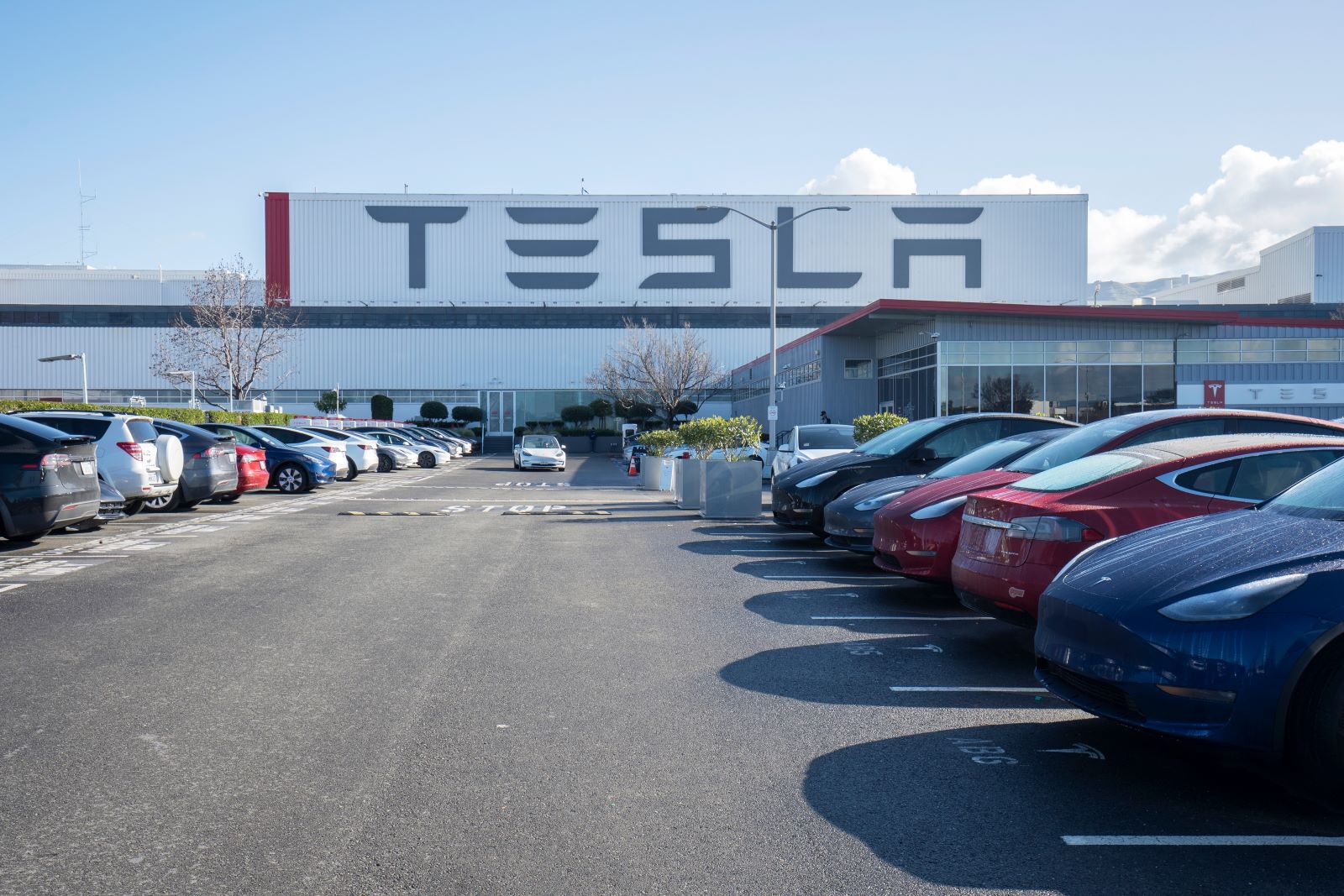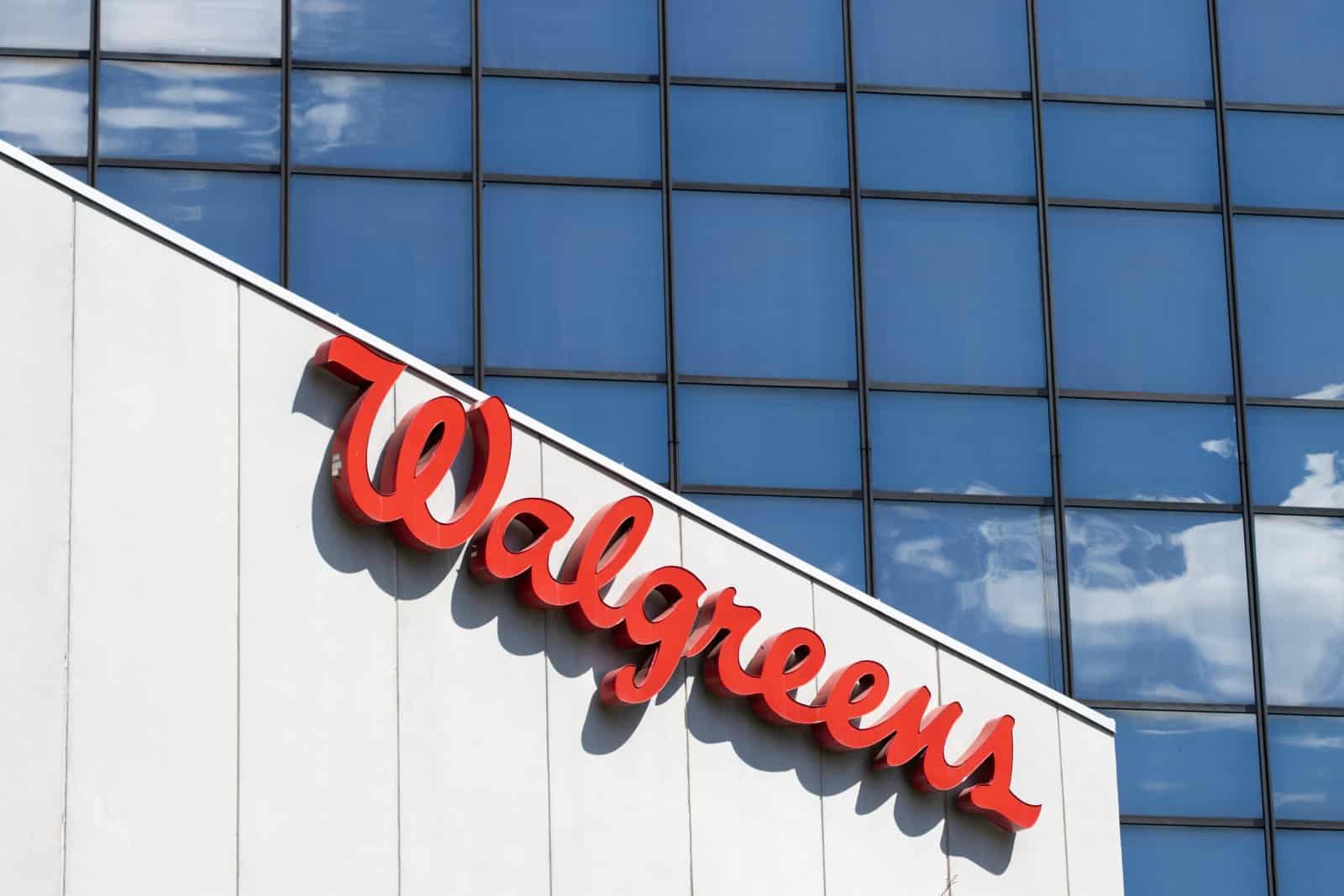In light of the pressing environmental and global warming crises, it’s become clear that U.S. citizens don’t mind spending more on Eco goods despite the rising economy.
More for Eco Than Two Years Ago

Image Credit: Shutterstock / Rawpixel.com
According to Retail Times, more than half of the U.K. population is willing to spend more on goods that are kinder to the earth. Meanwhile, 30% have reinforced their decision to opt for sustainable goods because it affects them on a personal level.
Many Eco Supporters

Image Credit: Shutterstock / Vintagepix
In America, the total is much higher for eco support, with 80% of consumers choosing sustainable services and goods, according to the Supply Chain Brain. The survey by PDI Technologies shows over 1,000 people involved were young Americans aged 21.
Complying With Criteria

Image Credit: Shutterstock / AYA images
Businesses are said to provide support to consumers looking to maintain the progress of sustainability. For shops, eco-friendly supplies should be available to customers.
Some Regulations for Stores

Image Credit: Shutterstock / Pressmaster
The National Association of Convenience Stores say the expectations for convenience stores or C-Stores include being “resource-efficient.”
Resource Efficiency May Vary

Image Credit: Shutterstock / encierro
Some requirements include offering sustainable packaging options to customers and, as a store, using sustainable packaging within the product line. Incentives supplied for choosing reusable shopping bags and containers should form part of the retail goal when serving customers.
EV Charging Station Convenience

Image Credit: Shutterstock / Felipe Sanchez
Other requirements that make certain retail chains stand out as more sustainable include the convenience of EV charge stations as an added convenience to EV drivers visiting the store.
Price Is High, but Appreciate the Sustainability

Image Credit: Shutterstock / Summit Art Creations
According to YouGov.com people are more likely to invest in eco-friendly products. The research company found that 19% of American consumers favor sustainability but are concerned about the high prices.
Planet Consciousness

Image Credit: Pexel / Jack Sparrow
YouGov also mentioned in their survey that 27% of U.S. consumers are environmentally mindful, with the publication calling these consumers “Planet Conscious.”
More Statistics

Image Credit: Shutterstock / Stokkete
According to PDI Technologies, while more than 60% of people would pay more for sustainability, competitor supporters may feel differently. Some people using non-sustainable competitors might consider sustainable products too expensive to afford.
Millennials and Gen-Zs Are More For Eco-Goods

Image Credit: Shutterstock / Iryna Inshyna
PDI Technologies also mentioned that as many as 70% of Gen-Z and Millennials are more keen to use sustainable products.
Customers Get Something in Return

Image Credit: Shutterstock / Dragon Images
Sustainable products are not only good for the environment, but also help individuals save money by using less energy or environmental resources.
Tesla Referral Credits and Loyalty

Image Credit: Shutterstock / Tada Images
Tesla offers their consumers a rewards and referral program that encourages more people to use the eco brand. The EV car manufacturer also has referral credits and loyalty benefits, which allow customers to save a bit more when purchasing Tesla products.
Other Offers

Image Credit: Shutterstock / Natan Rubio
First-time buyers receive special “buyer benefits,” according to Tesla. However, it is only valid for “first-time” buyers. Thereafter, the buyer could qualify for the loyalty program.
Not Sure About Brands

Image Credit: Pexels / Yan Krukau
The president of consumer engagement at PDI Technologies, Brandon Logsdon, said the company has picked up a trend amongst consumers. When studying consumer behavior, they noticed that many didn’t know what eco-brands to trust.
Consumers May Not Trust the Brand Claims

Image Credit: Shutterstock / Robert Kneschke
In other words, there are many sustainable brands, but consumers “don’t trust” the claims the sustainable company puts on their products.
Deciphering the Real Deal

Image Credit: Shutterstock / Monkey Business Images
It’s not always easy for American consumers to know whether or not companies of sustainable products are being true to what they’re saying.
Only a Few Trust the Logo

Image Credit: Shutterstock / PeopleImages.com – Yuri A
According to YouGov, just over 30% of American consumers trust a sustainable brand’s logo, leaving the rest uncertain.
Experts Give Advice

Image Credit: Shutterstock / aerogondo2
Experts at The Sustainable Company (AKEPA) based in Spain suggest a few things consumers can look for when choosing a company.
What To Look For

Image Credit: Shutterstock / maxim ibragimov
Sustainable companies may have a few key aspects that set them apart. Fairtrade policy ensures farmers are properly compensated. Earth-friendly companies may also use recycled product packaging to reinforce their goal.
Fewer Discounts With Sustainable Products

Image Credit: Shutterstock / Pressmaster
Experts also suggest that sustainable products are less likely to be “discounted.” Non-sustainable products may contain both edible and non-edible products. Many non-sustainable goods are often “led” with a discount.
Transparency Is Key

Image Credit: Shutterstock / Gorodenkoff
Sustainable companies often play their cards open with the general consumers. Experts from AKEPA say that honest companies “don’t have anything to hide.” Often, their customers and potential customers can see how they do things from the source to the factory and the people.
Oil Dumping Scandal Rocks Ships Heading to New Orleans

Image Credit: Shutterstock / Aerial-motion
Two shipping companies have been fined after knowingly hiding a large oil spill in the Atlantic Ocean. Oil Dumping Scandal Rocks Ships Heading to New Orleans
20 Eye-Opening Realities Facing Retiring Baby Boomers

Image Credit: Shutterstock / Jack Frog
As Baby Boomers approach retirement, the promise of leisure and security often seems unattainable. This generation faces unique challenges that could redefine retirement. Here’s a stark look at the realities shaping their outlook. 20 Eye-Opening Realities Facing Retiring Baby Boomers
Retail Apocalypse: Massive Closures Sweep Across U.S. Brands

Image Credit: Shutterstock / Tada Images
Stores across the U.S. are closing at unprecedented levels, according to new research from advisory firm Coresight Research. Read on for more information about the impact this could have on you and your communities. Retail Apocalypse: Massive Closures Sweep Across U.S. Brands
Featured Image Credit: Shutterstock / AYA images.


